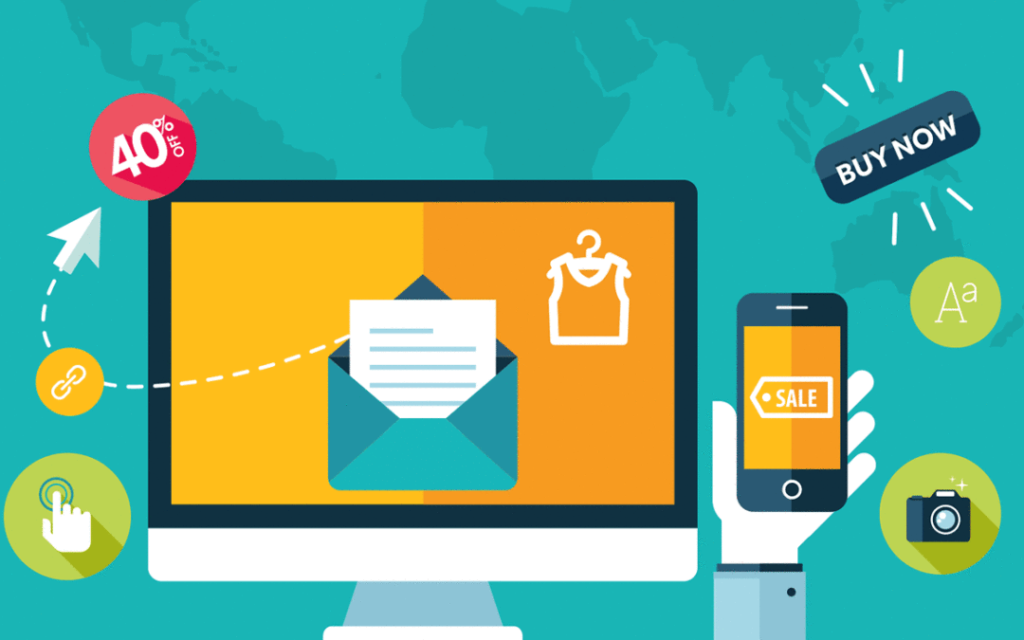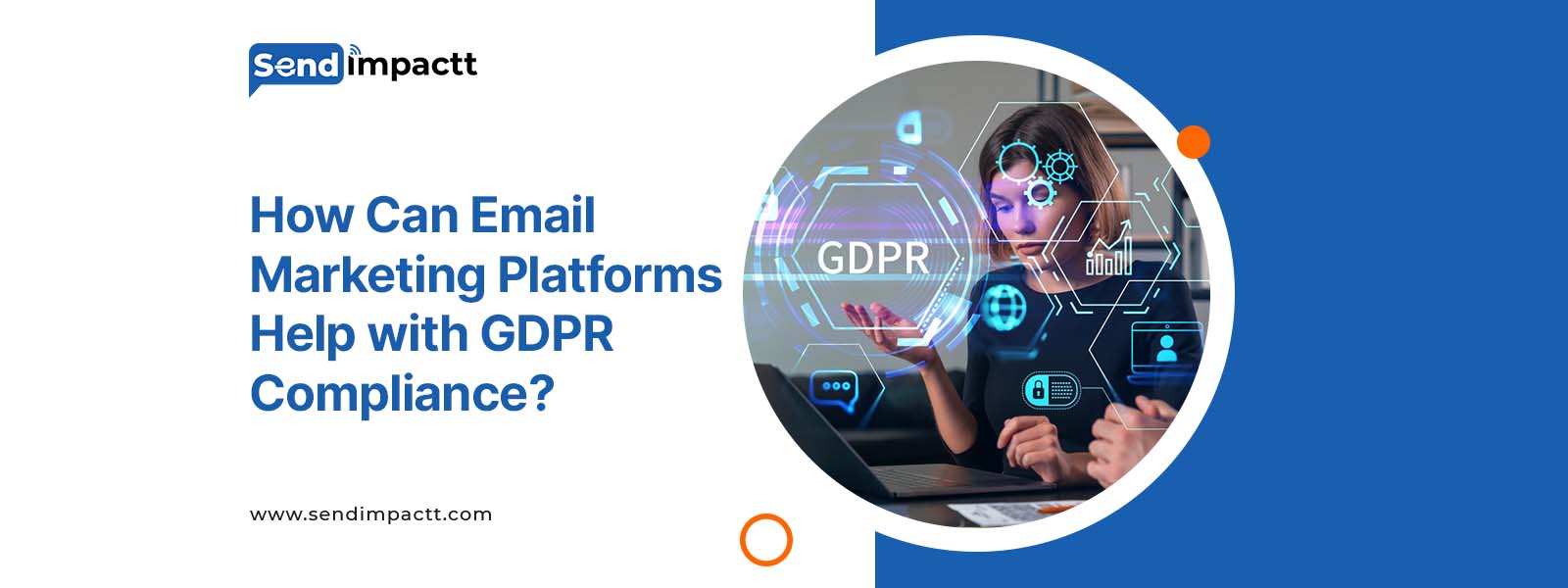Today, keeping customer data safe is more important than ever. If your business operates in or targets customers in the EU, you’ve probably heard of the General Data Protection Regulation (GDPR). It’s a set of rules that tells businesses how they should collect, store, and use personal data. And if you don’t follow the rules, you could face fines as high as 4% of your annual global turnover or €20 million—whichever is greater.
The good news is that with the right email marketing platform, achieving GDPR compliance becomes much more manageable. Let’s dive into how these platforms help businesses stay on the right side of the law while running effective email campaigns.
How Email Marketing Platforms Can Help You Stay GDPR Compliant
One of the most powerful features of an email and marketing automation tool is its ability to personalize content. By using data such as customer preferences, purchase history, and browsing behavior, you can create tailored messages that resonate with your audience. Personalized emails not only increase open rates but also enhance customer loyalty.
The Power of Email Marketing Automation
1. Consent Management
One of the key requirements of GDPR compliance is obtaining explicit consent before sending marketing emails. With an email marketing platform, managing consent becomes much easier, with features designed to ensure you are only contacting those who have opted in.
How it works:
- Double opt-in: Studies show that businesses using double opt-in have 20% fewer spam complaints. This process ensures users confirm their subscription via email, providing clear evidence of consent—crucial for GDPR.
2. Data Management Tools
GDPR gives individuals control over their personal data, including the right to access, update, or delete their information. Fortunately, the best email marketing tool simplifies data management, allowing businesses to easily comply with these requirements.
How it works:
- Data access: Platforms offer a user-friendly dashboard where subscribers can view and modify their data. This aligns with GDPR’s data access requirements, ensuring compliance.
- Data removal: The platform makes it easy to remove users’ data upon request, helping you adhere to GDPR’s “right to be forgotten” rule.
Research indicates that businesses using efficient data management tools are 35% more likely to avoid GDPR-related penalties. These tools give both businesses and customers control over personal data while simplifying compliance.
3. GDPR-Compliant Subscription Forms
When collecting email addresses, GDPR requires that users are fully informed about how their data will be used. With email marketing platforms, you can easily create forms that collect explicit consent, reducing the risk of non-compliance.
Best practices include:
- Clear consent checkboxes: Ensure users actively consent by having them check an unchecked box (pre-checked boxes are not GDPR-compliant).
- Privacy policy link: Include a link to your privacy policy, which should detail how subscriber data will be stored and used.
4. Segmentation and Data Minimization
GDPR emphasizes the importance of only collecting the data you need, which is where email and marketing automation tools come in handy.
How it works:
- Segmentation: Platforms allow you to segment your list based on user behavior, ensuring you’re only sending relevant content to the right people.
- Data minimization: This principle is key to GDPR compliance. For example, if you only need an email address for a campaign, don’t ask for additional personal details like phone numbers or addresses unless necessary.
Businesses that minimize data collection see 40% fewer GDPR compliance issues, as they are less likely to collect unnecessary data.
5. Automation for Easier Compliance
Managing GDPR compliance manually can be time-consuming, but email marketing automation tools can take over many tasks, ensuring you stay compliant with minimal effort.
Here’s how automation helps:
- Consent management: Automated workflows track consent to ensure only subscribers who have opted in receive emails. This helps businesses reduce the risk of violations.
- Data updates: Automated systems can handle requests for data updates or deletion, ensuring compliance with GDPR’s “right to access” and “right to be forgotten” rules.
Companies using automation to manage GDPR-related tasks report a 50% reduction in time spent on compliance management, freeing up resources for other business needs.
6. Transparent Opt-Out Options
GDPR requires businesses to provide a clear, easy way for subscribers to opt out of marketing communications. The best email marketing tools include built-in unsubscribe options that make this process seamless.
Companies that provide clear unsubscribe options experience 22% fewer spam complaints, which helps maintain their sender reputation and stay GDPR-compliant.

Ending Notes: Stay Compliant with Email Marketing Platforms
Ensuring GDPR compliance can be a daunting task, but with the right email marketing platform, it becomes much more manageable. From consent management to automated workflows, these tools provide the features you need to ensure compliance while continuing to engage your audience.
By using the best email marketing tools and email and marketing automation tool, your business can confidently run email campaigns while adhering to GDPR regulations.
Sendimpactt Can Help With GDPR Compliance
At Sendimpactt, we provide everything you need to ensure your email marketing campaigns are GDPR-compliant. With our advanced email and marketing automation tools, managing consent, data, and compliance is effortless. Sign up today and keep your campaigns GDPR-compliant while growing your business!
